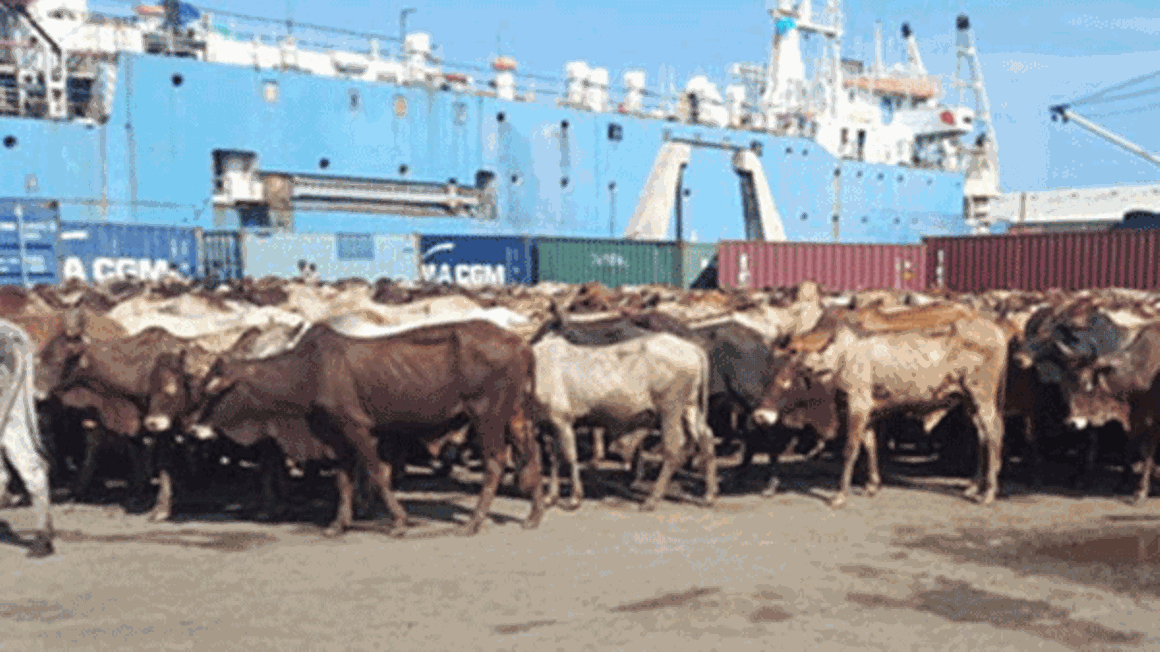Experts Urge Innovation in Aquaculture, Livestock to Tackle Hunger in Africa
Storyline:Business

NAIROBI, (Xinhua) – Strengthening the resilience of aquaculture and livestock subsectors is key to improving food and nutritional security for African smallholder farmers already reeling from climate-related stresses, scientists said here Wednesday.
Speaking during the Consultative Group on International Agricultural Research (CGIAR) Science Week, held in Nairobi, the Kenyan capital, the scientists said aquatic and livestock systems in Africa should be revamped through research, innovation, improved market linkages and value addition to boost rural incomes, tackle hunger and create jobs for women and youth.
Managing Director of CGIAR Ismahane Elouafi called for partnerships and targeted investments to ensure that aquatic and livestock systems respond to the growing demand for nutritious diets across the continent.
“The sustainability of aquatic and livestock systems in Africa should be a priority, as they are a source of healthy diets and support the livelihoods of rural communities,” Elouafi said.She urged governments to engage investors and deepen collaboration with research institutions and smallholder farmers to chart a new path for resilient fisheries and livestock systems on the continent.
Elouafi also called for enhanced South-South cooperation to facilitate knowledge exchange, best practices and the transfer of technologies and innovations needed to boost productivity in aquaculture and agro-pastoral systems across Africa.
Six CGIAR centers have already developed the Sustainable Animal and Aquatic Foods (SAAF) Program, which aims to promote inclusive, healthy, and nutrient-dense food supply chains in the Global South, including Africa.
CGIAR’s Chief Scientist Sandra Milach said that aquatic products alone provide more than 60 percent of dietary needs in sub-Saharan Africa, while also generating income for millions of small-scale farmers.
Milach called for technology adoption, training for smallholder farmers, policy harmonization, investments in value addition and improved storage to enhance the sustainability of livestock an